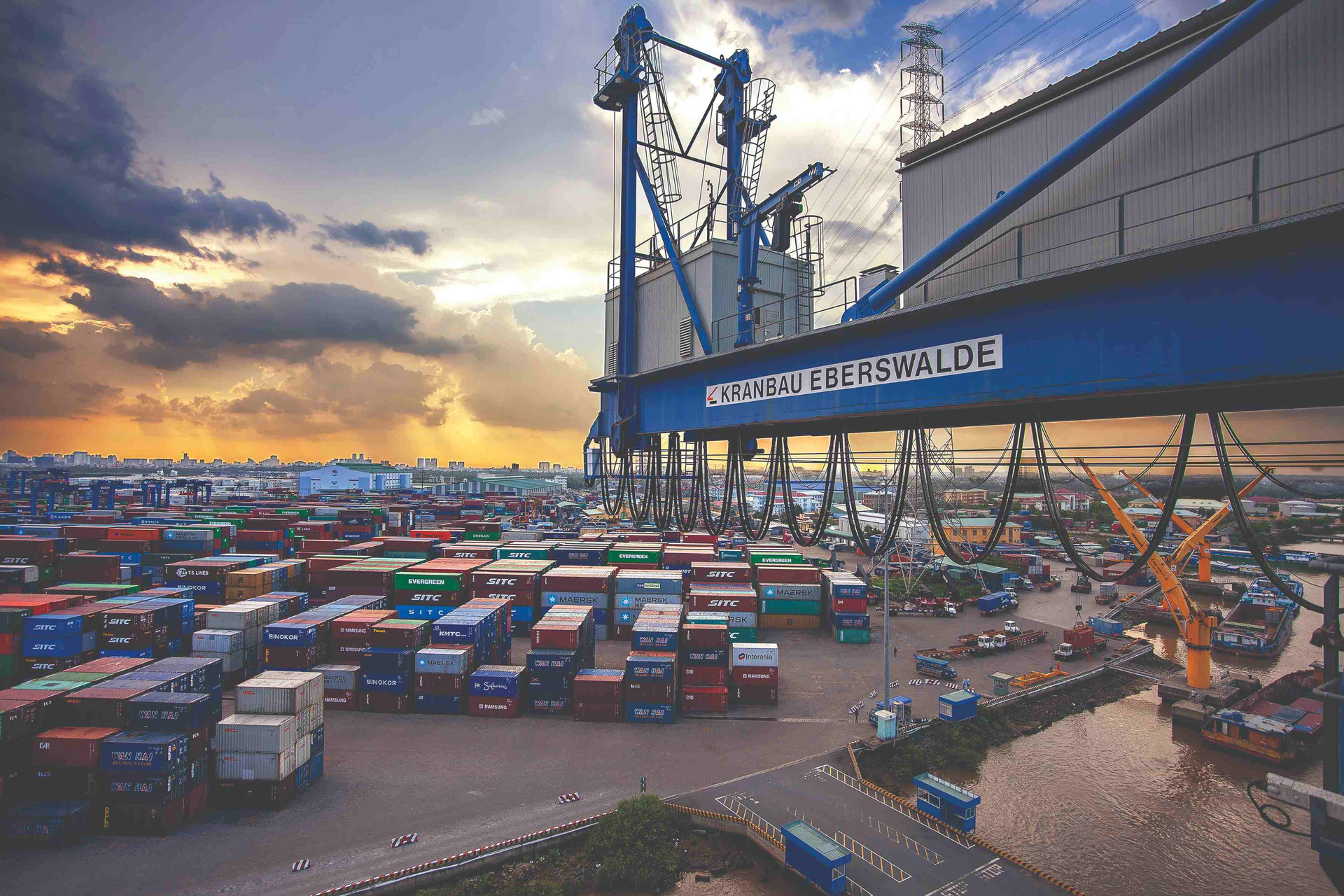Trends that will soon transform the logistics industry in 2023
English - Ngày đăng : 13:48, 16/01/2023
The logistics industry has witnessed a rough time in recent years and has become fragmented, volatile, and unpredictable. With the pandemic halting their business operations, the supply of essential goods and services has had a devastating impact on the industry as a whole.

While briefing about the best supply chain logistics strategies, Brian Whitlock, Sr Director Analyst at Gartner, in a Webinar, stated that logistics and supply chain leaders should prepare for disruptions apart from weather and natural disaster, labor shortage, port congestion, and more.
Preparing for such a market upheaval demands enterprises to develop new tactics and strategies. They will be able to successfully derive them by remaining plugged into the emerging and new logistics trends.
Here are a few trends that will transform the logistics industry in 2023:
Enhancement in RFID
The global Radio Frequency Identity (RFID) Tags market revenue is expected to reach a value of USD 17.6 million by the year 2028.
Existing for more than a decade, RFID provides real-time tracking data. However, even with considerable investment by out-of-delivery (OFD) enterprises, RFID struggles to obtain any ROI from the technology. This highlights that RFID chips do not mean you’ll be able to access data.
Hence, it would be wise for enterprises to set up systems in place near the RFID chips to collect and share the data. Not only that, but logistics enterprises should have integrated file-based technology in place to connect devices to the core enterprise systems where the data is stored and analyzed. This will offer enterprises greater and better actionable insights that will empower them to build strategies.
More emphasis on digitalization going forward
Supply chain and logistics leaders have been
worried about the increased integration of
digitalization. However, the recent security events
revealed the vulnerability in the present supply
chain landscape, making a stronger case for
digitization. The digitization of the supply chain
will transform the supply chain with a focus on
incorporating digital technology into various supply
chain activities. Successful logistics and supply
chain digitization will streamline, improve, mobilize
and make your supply chain process more resilient.
Last mile delivery
Last Mile Delivery is one of the prerequisites that is pushing the entire logistics industry forward. Being the final step in the delivery process, where the goods and services are moved from the distribution to the final destination, Last Mile Delivery, however, is a costly endeavor. This complexity and cost associated with it are exacerbated due to the rising demand for fast delivery, resulting in pushing enterprises forward to deploy the latest technological solutions.

The recent development in this space shows that last-mile delivery is being pushed to its edge. There are many factors to consider when trying to enhance last-mile delivery. With the introduction of autonomous drones delivering packages to their destinations and other significant overhauls within the logistics industry, the future of logistics indeed seems exciting. Efficient last-mile delivery operations result in keeping customers happy and satisfied, increasing business, brand loyalty and better margins.
Demand for greenhouse reduction will increase
No industry has taken a heavy toll on the COVID-19 pandemic than the logistics industry. But, as things started to get normal in most parts of the world, the industry bounced back. At the same time, the emission from the industry has also accelerated making the emission of CO2 much worse. Freight transportation contributes to 8% of global greenhouse gas emissions (11% if counting warehouses and ports) and the logistics industry is set to become the highest carbon-emitting sector by 2050. Hence, logistics leaders are taking steps toward decarbonization.
Investors worried about the material risks posed by climate change have developed new reporting frameworks such as those by the Sustainability Accounting Standards Board (SASB) and the Task Force on Climate-related Financial Disclosures (TCFD). Achieving the reduction of greenhouse gas emissions will require the industry to take strict measures and be ready to embrace the changes that can fundamentally transform it.
Source financialexpress.com
